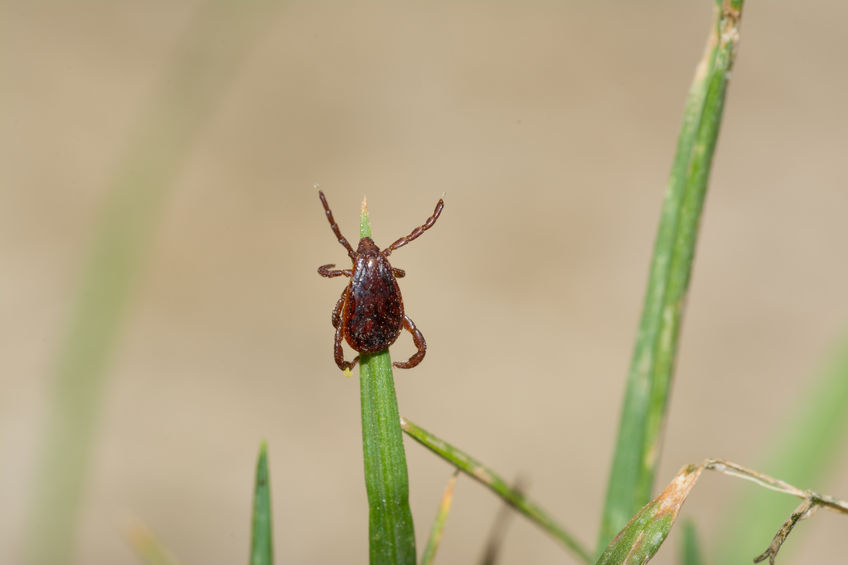
An emerging tick-borne parasite has been detected within sheep in a remote area of northern Scotland.
The parasite causes an economically important disease called babesiosis, which is recognised as an emerging infection in humans.
A new study published on Wednesday (20 November) reports that this is the first time this organism has been identified in animals in the UK.
It is also the first time it has been found in sheep anywhere in the world.
The identification of this parasite in the UK raises concerns for public health and farming policy, according to the researchers.
Although some evidence suggests this parasite may be more virulent than the species of Babesia usually found in the UK, the risk of people contracting this infection is believed to be low.
In the last two decades, the parasite has been recorded extensively in China and also in Europe, with two confirmed human infections in Italy.
Fortunately, babesiosis is treatable in most cases, although this depends on rapid and accurate diagnosis.
To conduct the study, scientists collected blood from sheep, cattle and deer in the northeast of Scotland, in areas where tick-borne diseases have previously been detected.
DNA from the B. venatorum parasite was detected in the blood of a large number of sheep, which were not showing any signs of disease, and which therefore can be considered as carrier animals.
The scientists believe that B. venatorum may have been carried by migratory birds coming to the UK from Scandinavia, where the parasite has previously been found in ticks collected from the environment and migratory birds.
Dr Willie Weir of the University of Glasgow, which conducted the study, said the presence of the parasite represents a 'new risk' to humans, especially to those working with livestock.
“Although we believe the threat to humans to be low, nevertheless local health and veterinary professionals will need to be aware of the disease if the health risk from tick-borne disease in the UK is to be fully understood.
“These findings signify a change in the landscape of tick-borne pathogens in the UK, and the underlying causes for this need to be investigated.”
Given the findings, researchers say that ongoing active surveillance of this parasite in UK livestock would be useful to fully understand the prevalence and transmission of the disease.
